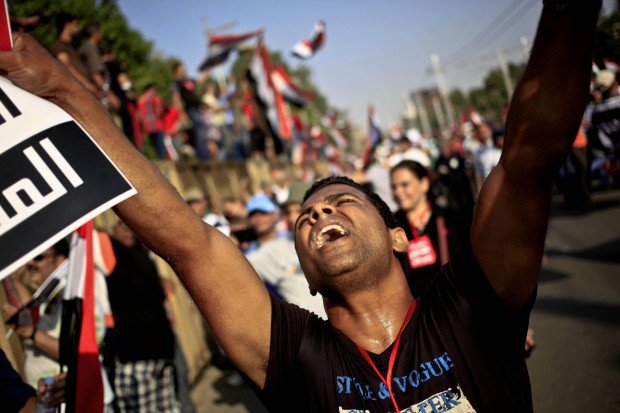New technology such as social media has become a key driver of political risk in emerging markets, according to Willis Towers Watson’s Political Risk Index Winter Update.
The report notes that “social media has made activist politics more effective and empowered social groups that have traditionally shied away from political activism due to social discrimination or geographical dispersion.”
Samuel Wilkin, director of political risk analytics, financial solutions at WTW, noted that throughout history, “the introduction of new media and communications technologies has been accompanied by some moments of dramatic political upheaval.” Wilkin, who spoke during a webinar to launch the update, gave examples going back to the Protestant Reformation, which Martin Luther attributed to the development of the printing press, through Adolf Hitler’s use of the broadcast radio network to get his messages out, and more recently, use of social media platforms to plan and execute the Jan. 6 march on the Capitol.
“Hashtag-enabled protest movements have evolved with extraordinary speed and scale, leading to property damage at a level that we don’t usually associate with social unrest,” Wilkin said. For example, he noted that “over the past 70 years, the average loss from civil disorder in the United States was less than $100 million a year. And then in the last two years, it was $2 billion through a hashtag protest [#blacklivesmatter].” And that’s just counting pure property damage losses.
“Since the 2011 Arab Spring uprising specifically, social media has come to play a very important political role across developing and developed economies,” said Dr. Megha Kumar, deputy director of analysis at Oxford Analytica. “That role ranges from, at one extreme, efforts to incite political violence, to the use for which they were intended—namely communication.”
The report found that “flash mob” protests, organized in part using mobile devices, have played a role in the toppling of governments in the Philippines in 2001, Georgia in 2003, Ukraine in 2004-2005, Kyrgyzstan in 2005 and Thailand in 2006, along with more recent examples including the 2019 ouster of Algeria’s long-serving President Abdelaziz Bouteflika. Online pressure campaigns in 2021 contributed to government policy shifts in Bangladesh, Israel, Nigeria and other countries.
Government Response
Tech companies have become too important politically, socially and economically for governments and regulators to ignore, Kumar said. Some governments (for example, Iran and North Korea) block social media with a complete blanket ban, she said, while others target specific platforms for action. She noted that African governments often jack up the cost of using the Internet so that access to social media gets highly restricted to a very small section of the affluent and elite. Middle Eastern governments are more likely to tolerate technology companies but closely track the users of social media platforms, taking action as needed. Meanwhile, in parts of Asia, governments often use legislation and regulation to suppress, control or influence social media, she said.
And then there’s the case of China. Rana Mitter, professor of Chinese politics at the University of Oxford, said that “social media is the major interaction point for popular opinion in China, and hundreds of thousands or even millions of people will participate in conversations on controversial social issues.”
Mitter noted that, in China, the concept of national security also extends to cultural security and anything that seems to undermine social norms. Foreigners are often seen as potentially trying to undermine the Chinese way of life, he said. While foreign actors are still seen as useful, the “push to indigenize and bring the technologies and the intellectual properties within China itself is going to accelerate.”





















 RLI Inks 30th Straight Full-Year Underwriting Profit
RLI Inks 30th Straight Full-Year Underwriting Profit  Berkshire-owned Utility Urges Oregon Appeals Court to Limit Wildfire Damages
Berkshire-owned Utility Urges Oregon Appeals Court to Limit Wildfire Damages  Experts Say It’s Difficult to Tie AI to Layoffs
Experts Say It’s Difficult to Tie AI to Layoffs  Lessons From 25 Years Leading Accident & Health at Crum & Forster
Lessons From 25 Years Leading Accident & Health at Crum & Forster 